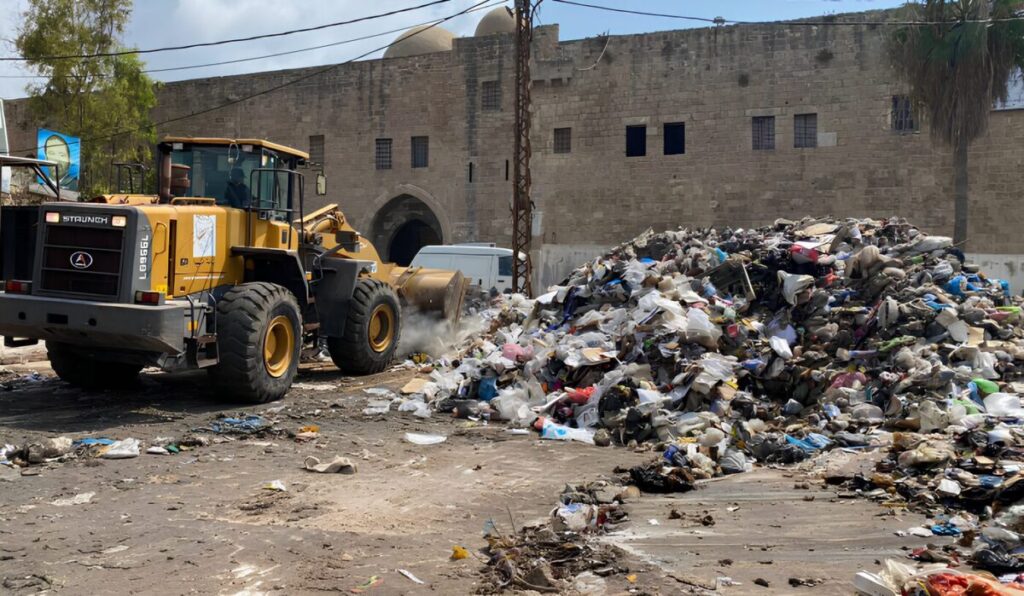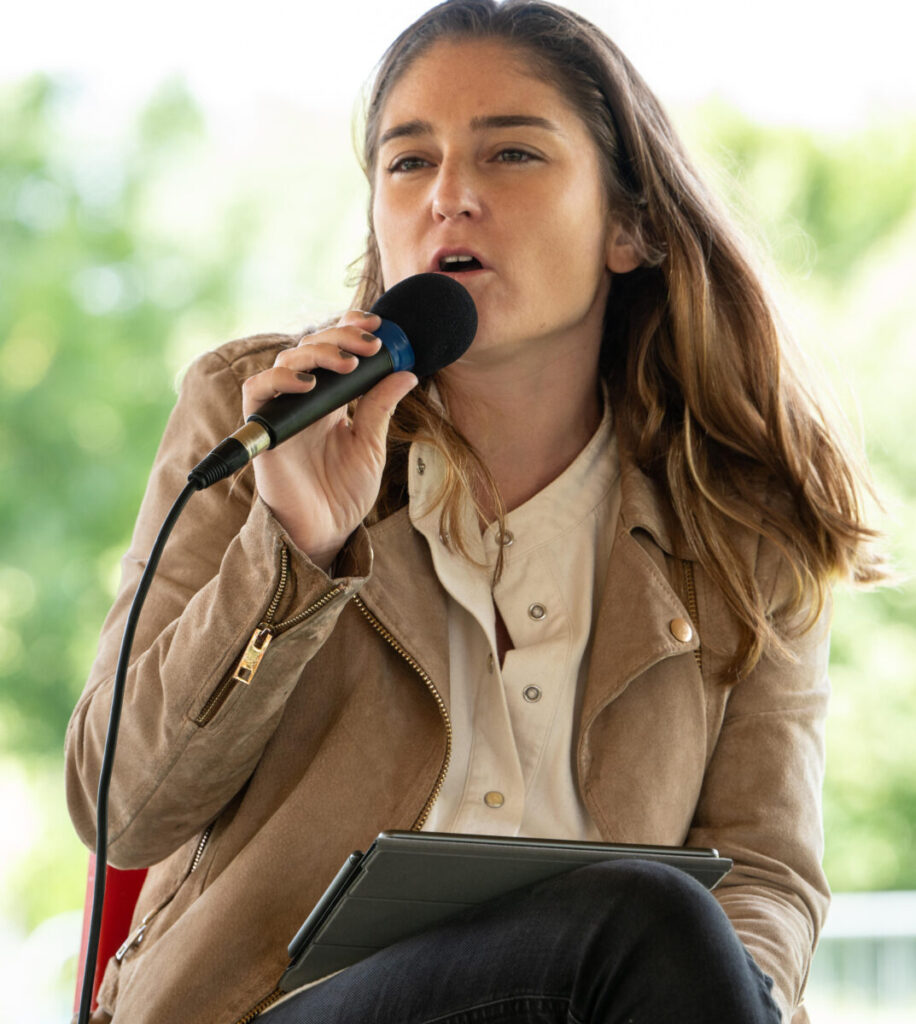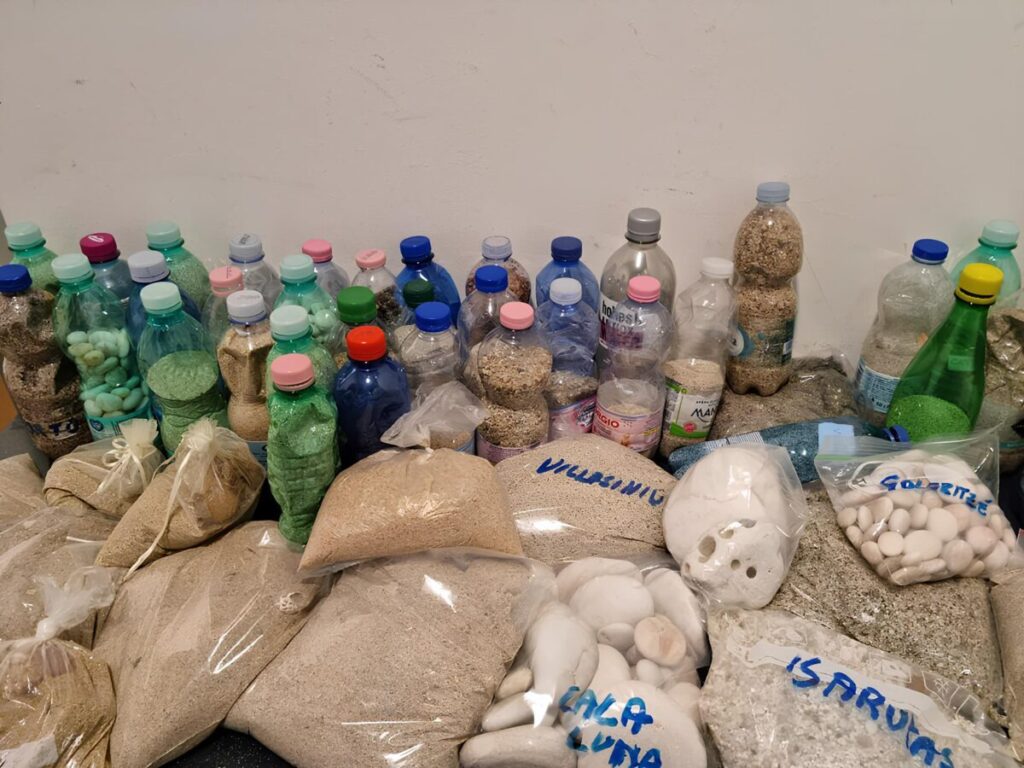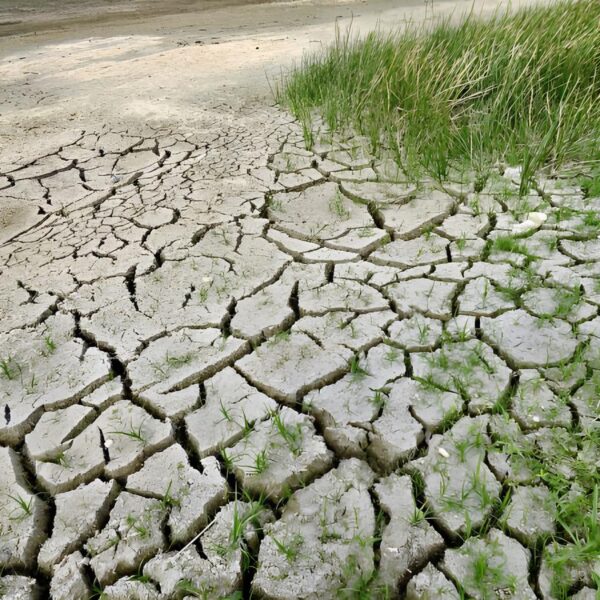From the fight against litter in Spain to its methanization in Lebanon, through the legal reclaiming of nature's rights, numerous initiatives show that another path is possible. They are local, committed, sometimes technical, but always based on a vital imperative: to change our way of cohabiting with the living. Above all, they are concrete and capable of responding to ecological emergencies.
This article, on environmental protection is a summary of 4 articles published in 22-med, available in the 11 languages used on the site.
General mobilization against litter abandoned in nature: by Jorge Dobner & Cristina Grao - Spain
Methanization of waste: a sustainable solution: by Edward Sfeir - Lebanon
How Sardinia fights against sand thieves: by Jessica Perra - Italy
Recognizing rights for nature: an urgency: by Nathania Cahen - France
In Spain, Lebanon, and Sardinia, communities are rising to reverse the trend. They are redefining our relationships with nature, waste, energy, and law. And sketching a possible transformation.
In Spain, nature on the front line
Since 2017, the LIBERA project has been transforming the Spanish countryside into grounds for citizen action. The goal: to fight against "basuraleza", a portmanteau word that refers to waste abandoned in natural environments. Launched by the Ecoembes foundation and the NGO SEO/BirdLife, the initiative has mobilized tens of thousands of volunteers. In 2023, more than 124 tons of waste were collected in a single campaign. Since its inception, the program has cleaned over 8,000 sites, totaling more than 680 tons of trash.
But LIBERA does not just collect: it documents, educates, and maps. Thanks to the "Basuraleza" app, participants can identify, characterize, and geolocate the waste found. Valuable data to understand flows, sources, and habits. "Science is an essential ally for acting effectively", emphasizes Sara Güemes, project coordinator. The tool does not stop at alerting; it engages over the long term, in a spirit of collective pedagogy.
Lebanon: a waste crisis that becomes a resource
Thousands of kilometers away, another environmental emergency mobilizes researchers and citizens: the waste crisis in Lebanon. Since the collapse of the collection system in 2015, the country has been buried under garbage. But a team from Saint Joseph University in Beirut has decided to transform this burden into a lever. With one tool: methanization.

This anaerobic degradation process transforms organic waste – which makes up 80% of Lebanese garbage – into biogas and digestate. The former can supply homes and industries with energy. The latter serves as a natural fertilizer, a substitute for chemical inputs. A doubly beneficial technology in a country where the energy crisis is as acute as the waste crisis.
Researcher Zeina Hobaika summarizes the approach : "Methanization is a response to three emergencies: waste, electricity, agriculture". Tested on residues from grapes, olives, potatoes, and the dairy industry, the technique could revitalize the Lebanese circular economy. The challenges remain: political instability, lack of funding, inertia from authorities. But the conviction remains intact: making waste a resource is a vital imperative.
Recognizing rights for nature: towards a legal turning point

What if, to truly protect nature, we needed to grant it rights? This is the fight led by Marine Calmet and her NGO Wild Legal. An engaged lawyer, she advocates for legal recognition of the living. Not just in reaction to environmental crimes, but by giving legal existence to ecosystems. "We must change our perspective: nature is not a resource to be exploited, but an entity to be respected", she argues.
Wild Legal experiments with new legal frameworks: mock trials, educational projects with students, mobilization of local actors. It draws inspiration from Ecuador, the first country to enshrine the rights of nature in its Constitution, but also from Panama, Cape Verde, and even American municipalities like San Francisco. In France, the NGO works to protect rivers, such as the Garonne or the Tavignano, by granting them legal personality. A move that is both symbolic and strategic to reverse the current asymmetry: that of a law made for humans, against the living.
Sardinia: when sand becomes a state affair
Sometimes, ecology hinges on a handful of sand. In Sardinia, the theft of sand and shells by tourists has become an environmental scourge. Every year, five tons of material are seized at airports. This "tourist smuggling" accelerates the erosion of beaches already weakened by climate change.
In response, civil society has organized. The network "Sardegna rubata e depredata", led by Franco Murru, is engaged in a long-term struggle. Petitions, awareness campaigns, interventions in schools: everything is being done to curb this discreet yet destructive pillaging. In 2017, regional law n°16 was finally adopted, penalizing the theft of sand with fines of up to 3,000 euros. An advancement achieved thanks to popular pressure.
But the problem is broader. "Coastal erosion is multifactorial", reminds geomorphologist Sandro Demuro. Excessive tourist clean-ups, coastal constructions, climate disruptions: all weaken the resilience of beaches. The sand taken by tourists is just the visible part of the iceberg.
A world in slow mutation
Everywhere, pockets of resistance are emerging. Sometimes driven by technology, sometimes by law, citizen engagement, or scientific research. They show that it is possible to think differently about our ties with natural environments. That it is possible to act, even on a small scale, without waiting for the agreement of paralyzed governments.
These initiatives do not (yet) save the planet. But they protect fragile areas, beaches, rivers. They give meaning to collective action, to shared responsibility. They remind us that the living does not need us to exist. But that we, without it, are nothing.

Photo of the cover: Recognizing rights for rivers ©Pixabay
